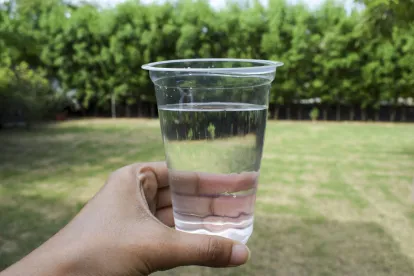Recently, the Environmental Protection Agency (EPA) issued a proposed rule to replace existing regulatory requirements for water quality certifications under Section 401 of the Clean Water Act (CWA).
As with many other recent changes in environmental regulations, these proposed changes were prompted by President Biden’s January 2021 Executive Order 13990, which directed EPA to review agency actions taken by the Trump administration. As noted in our July 13, 2020 alert, under the Trump administration EPA replaced prior water quality certification regulations that had been in place for nearly 50 years, effective September 2020 (the 2020 Rule).
Under the Biden administration, EPA reviewed the 2020 Rule and concluded that its provisions were inconsistent with the CWA’s statutory text, the legislative history of Section 401, and the water quality protection goals of the CWA.
Key proposed changes include:
-
Scope of certification. The proposed rule broadens the scope of certification to include evaluation of all potential water quality impacts to any water body, including waters beyond the navigable water into which the triggering discharge occurs, resulting from the proposed project. This means that the certifying authority may consider the broadest possible range of water quality effects of the “activity as a whole.”
-
Contents of a certification request. The proposed rule defines only limited requirements for certification requests, including that the request must contain a copy of the draft federal license. According to EPA, this will facilitate more targeted certification conditions by ensuring that the certifying authority knows which water-quality-related conditions the licensing agency has preliminarily decided to impose. Aside from these requirements, states and tribes may determine by regulation their own requirements for a certification request.
-
Neighboring jurisdictions. The proposed rule expands the definition of the term “neighboring jurisdiction” but clarifies that the scope of Section 401(a)(2) is limited to considerations of potential effects only from a “discharge” from an activity, and requires EPA to determine within 30 days whether a discharge “may affect” a neighboring jurisdiction.
-
Reasonable period of time to determine a certification request. Under the proposed rule, the licensing agency and certifying authority negotiate the reasonable period of time for the certification decision, provided that it does not exceed one year from the certifying authority’s receipt of the certification request. If the certifying authority fails to grant, grant with conditions, deny, or expressly waive certification within the reasonable period of time, the failure to act may be treated as a constructive waiver and the licensing agency may proceed to issue the license.
-
Enforcement authority. The proposed rule clarifies that Section 401 does not preclude states and tribes from exercising their independent enforcement authority of certification conditions.
Public comment on the proposal must be received on or before August 8, 2022. A virtual public hearing will be held on July 18, 2022 (with registration required by July 12, 2022).





 />i
/>i
